13 Beauty YouTubers That Actually Don't Look Like All The Others
It's time for some diversity.
When I discovered YouTube and started playing with makeup, it was hard for me to find beauty bloggers that looked like me. Now I think the influencers I watch regularly are working constantly to be forces for change. There is still a lot to be done, and representation is an ongoing process in the beauty industry, but it is empowering to see the online world becoming saturated with people of all skin tones and backgrounds. These are only a handful of YouTubers out there working to broaden society's idea of beauty.
1. Michelle Phan

It only makes sense to start with a true OG beauty guru. This entrepreneur spent 10 years making content for YouTube before taking a step back and focusing on the business side of things. She founded beauty subscription box Ipsy and her own makeup line Em Cosmetics.
2. Jackie Aina
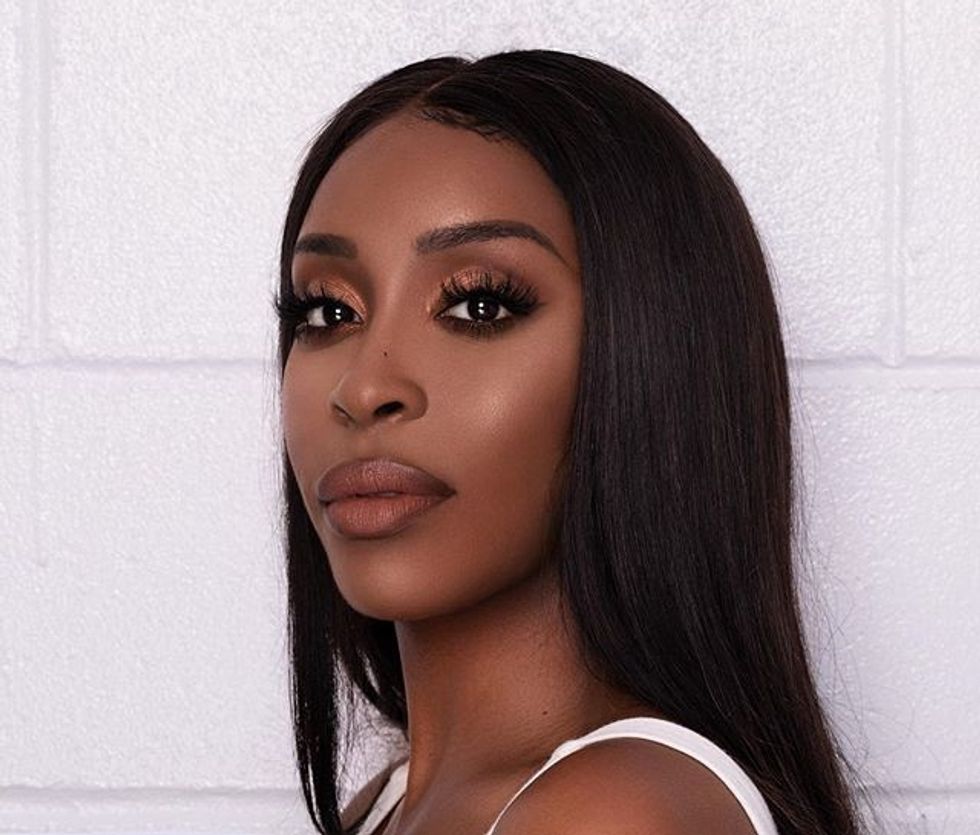
A makeup artists turned YouTube star, Jackie Aina advocates for African American visibility in the cosmetic industry. She continues to challenge the current standards of beauty and gives confidence to women of color.
3. Patricia Bright
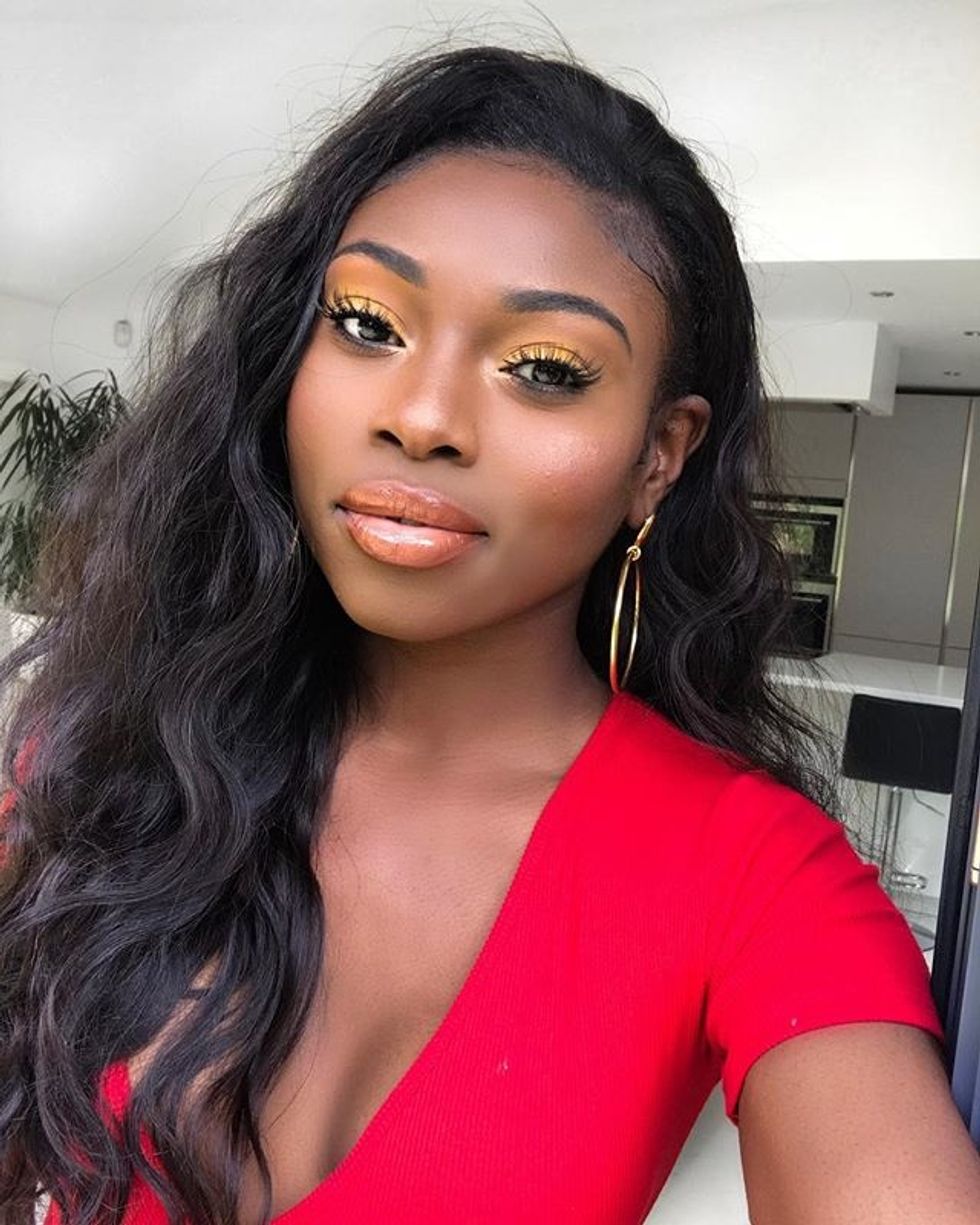
Releasing honest content, this female YouTuber creates fashion, beauty, and hair tutorials.
4. Kaushal Beauty

A UK-based Indian influencer whose tutorials are easy to follow. Kaushal creates content that both inspires and teaches her subscribers.
5. Farah Dhukai
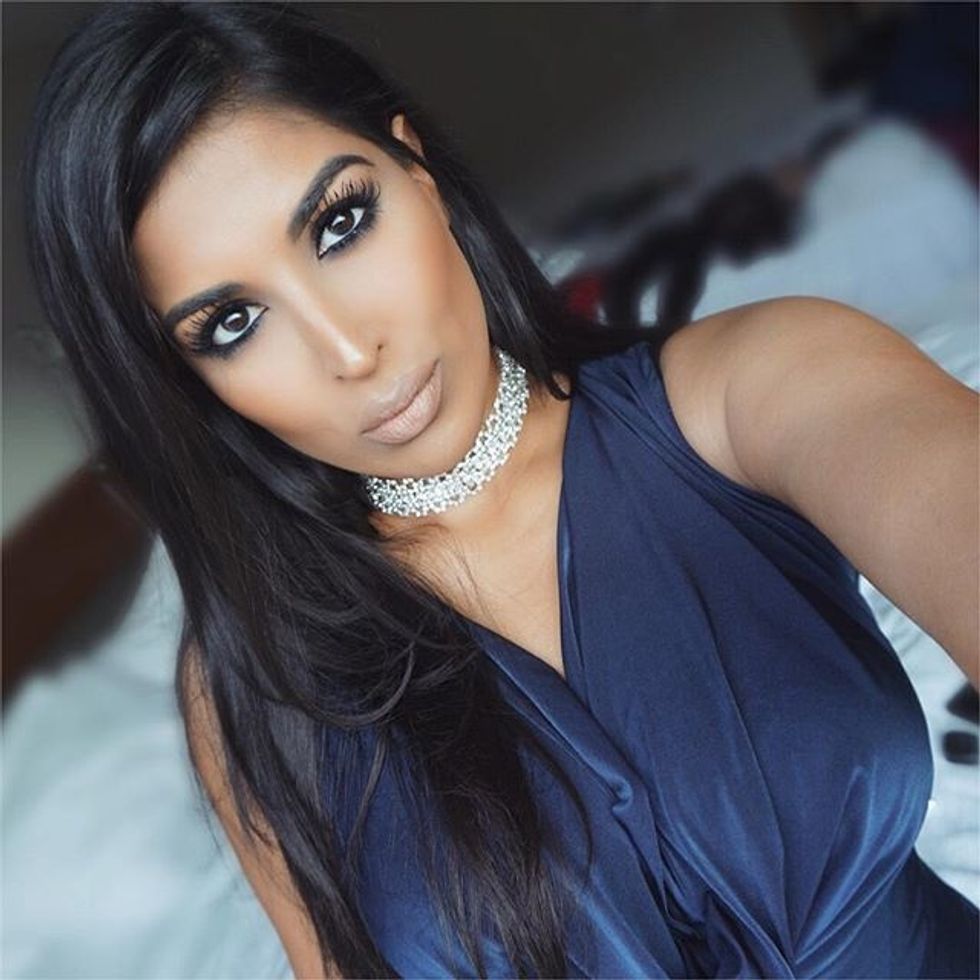
You've probably seen her videos on your Instagram explore page, but just in case you've been living under a rock, let me introduce you to the queen of DIYs. She shares beauty tips and tricks with her followers, all the while inspiring her husband to create Farsali Care, the vegan-friendly skin care line that seems to be in every makeup tutorial.
6. SunKissAlba

Alba Ramos is a natural living beauty blogger and vlogger who focuses on using products with a clean ingredient list. Her beauty methods are all toxin-free, giving her audience a new and natural way to view beauty.
7. Nabela Noor
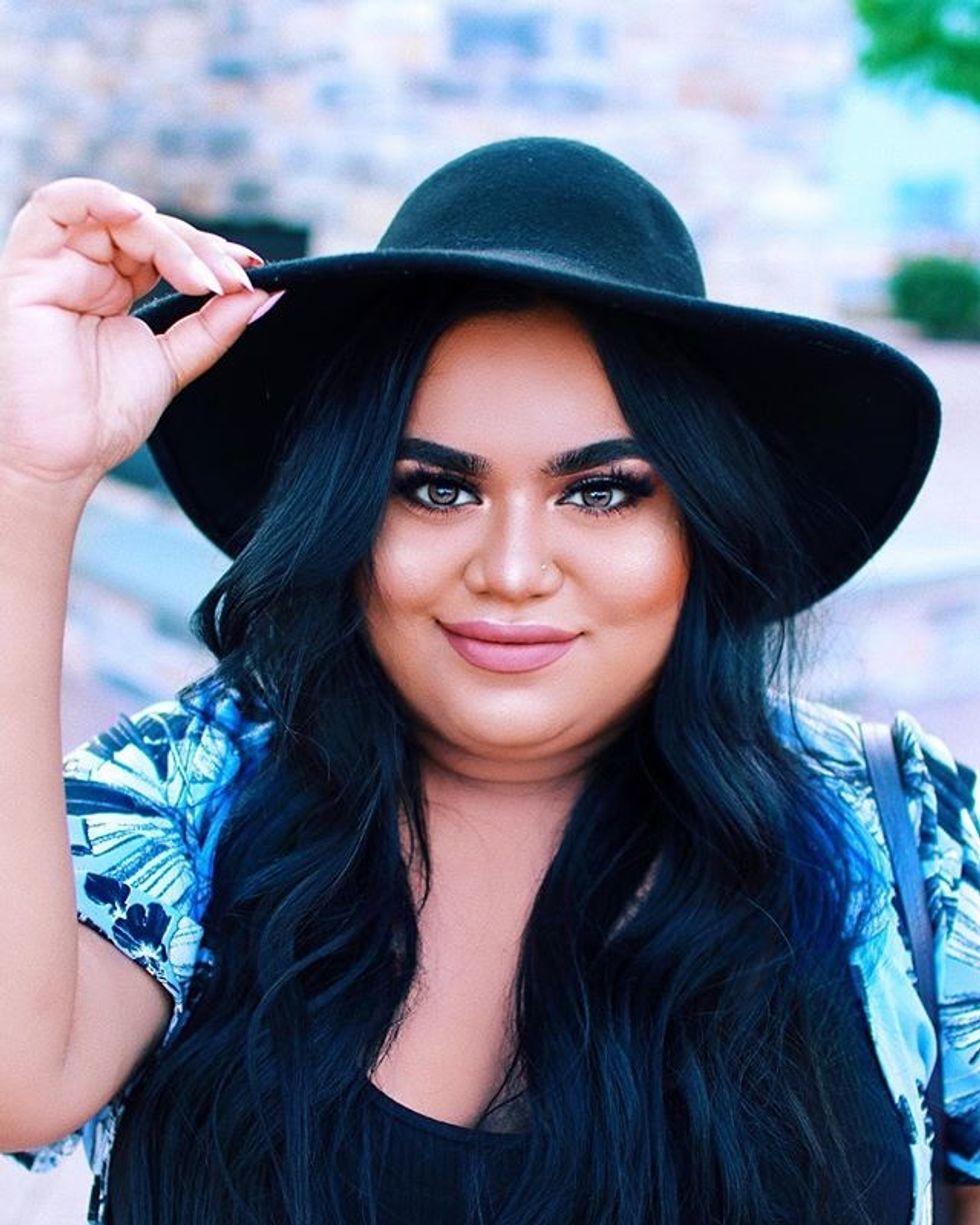
Covering topics related to lifestyle and beauty, this vlogger is an activist for body positivity and representation. She uses her platform not only for makeup tutorials but also to talk about her life as a plus-sized Muslim American woman.
8. Kim Thai
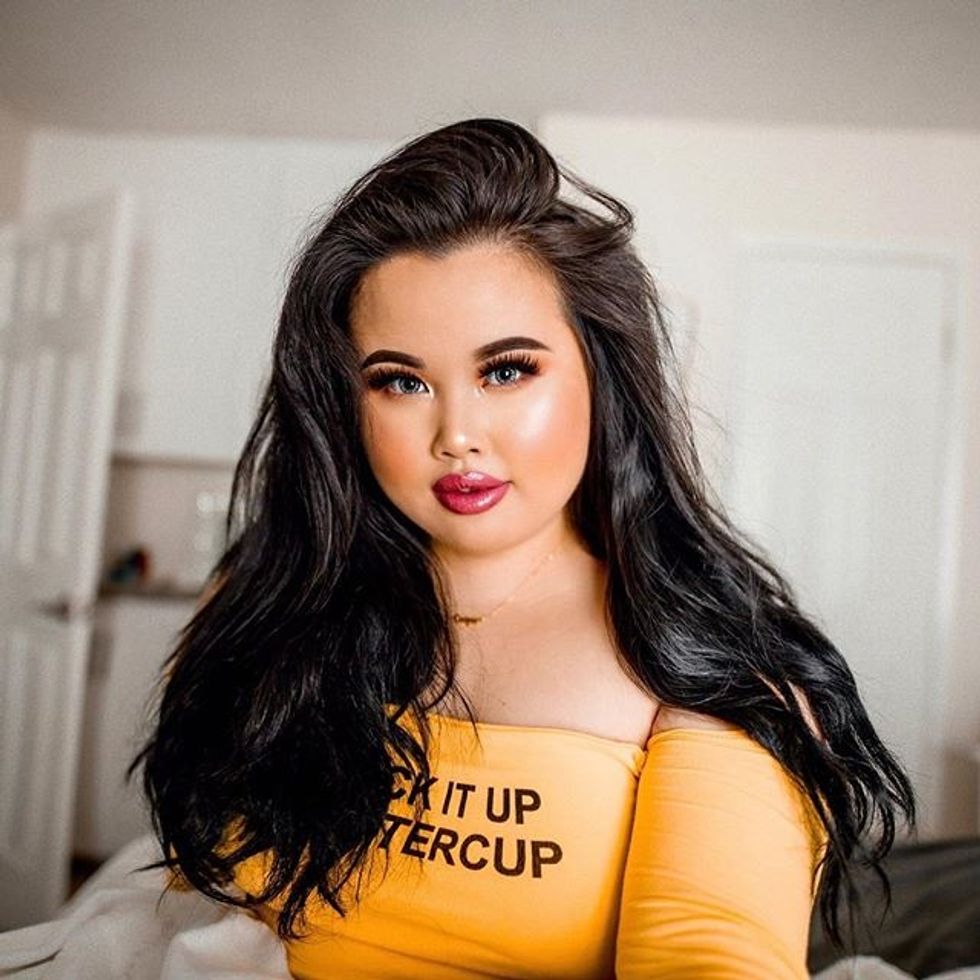
This YouTuber is a full-time student with some serious highlighting skills. She's not without her own scandals (something we've seen with a lot of beauty influencers lately) but she has released an apology that you can interpret however you choose to and continues to put out some banging content.
9. Shahd Batal

This YouTube star strives to empower women. She vlogs her life as a hijab-wearing Sudanese-American, offering advice and wisdom to women looking to embrace their inner selves. With a unique style, she's a go-to for modest fashion and classic makeup looks.
10. Deepica Mutyala
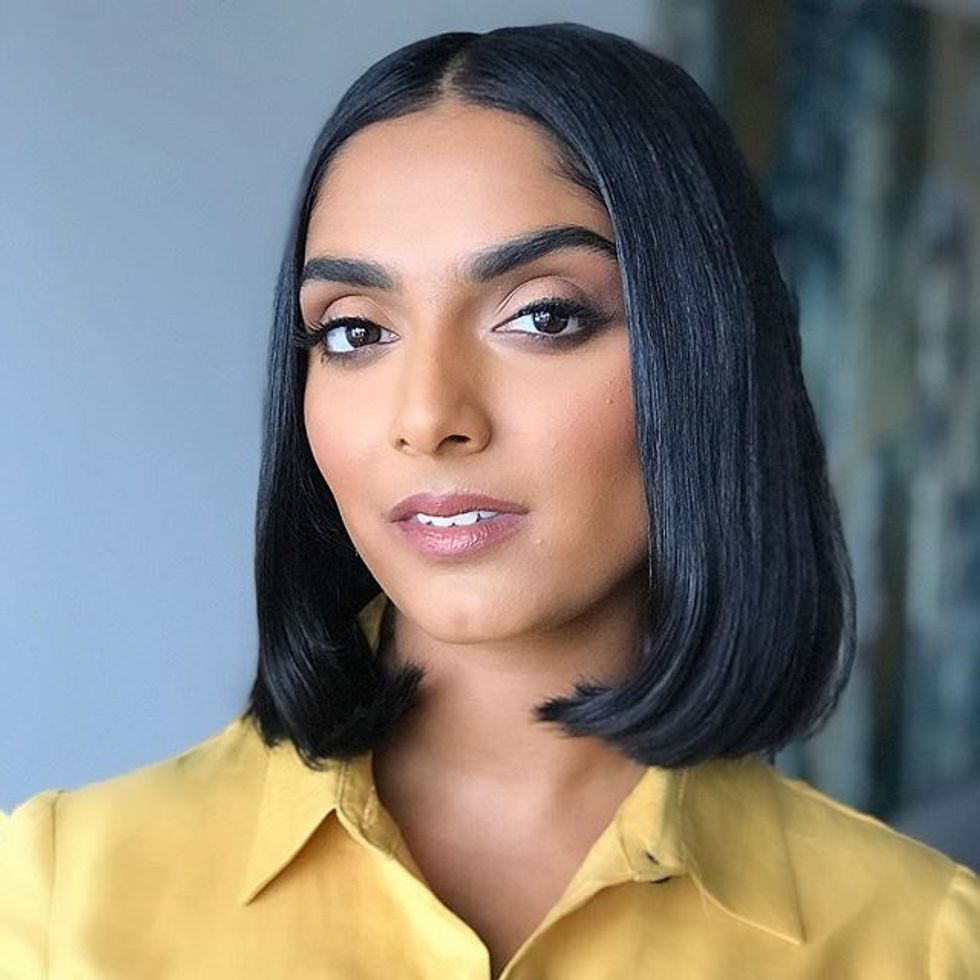
Rising to fame as a YouTuber, Deepica Mutyala is now a TODAY Show Style Tastemaker among other things. Along with regular videos, she launched TINTED in February, an online collective that focuses on representing people of all skin tones.
11. Anchal MUA
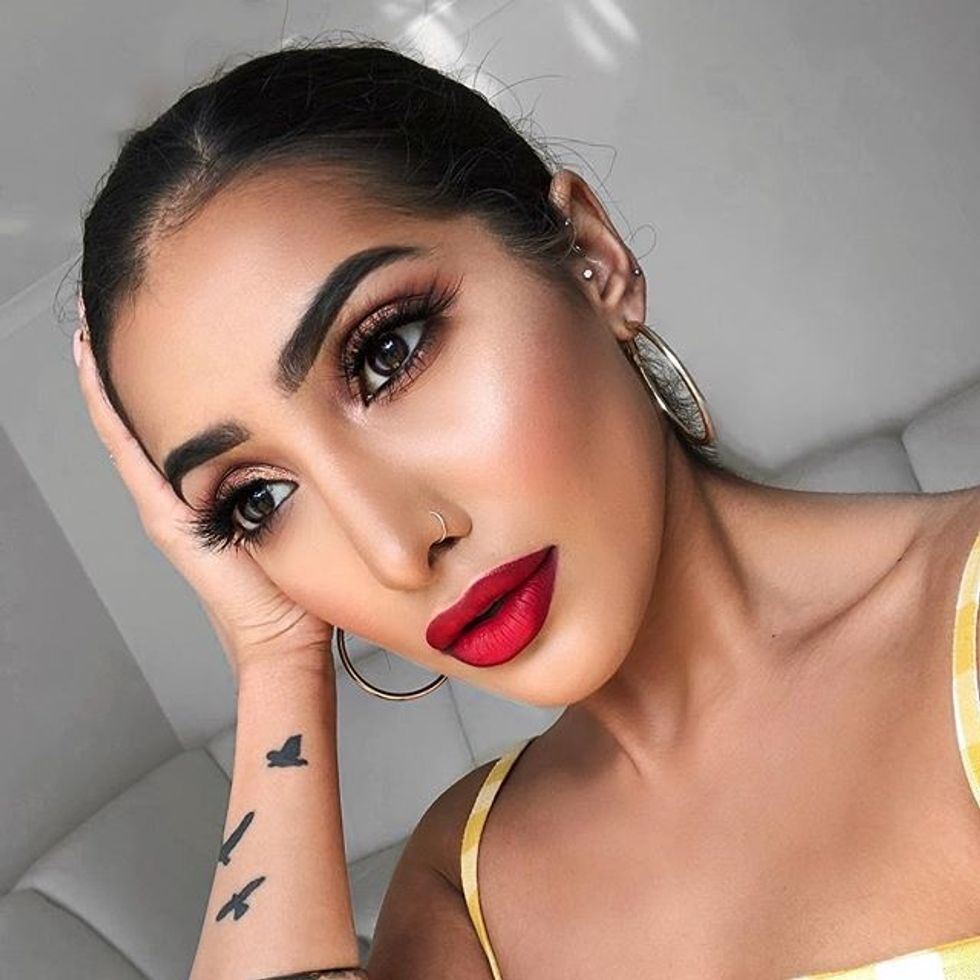
Anchal Seda is clearly passionate about makeup, including everything from glam looks to gory special effects. She mainly creates easy to follow tutorials where she shares her tips for flawless makeup application.
12. Joanna Vongphoumy
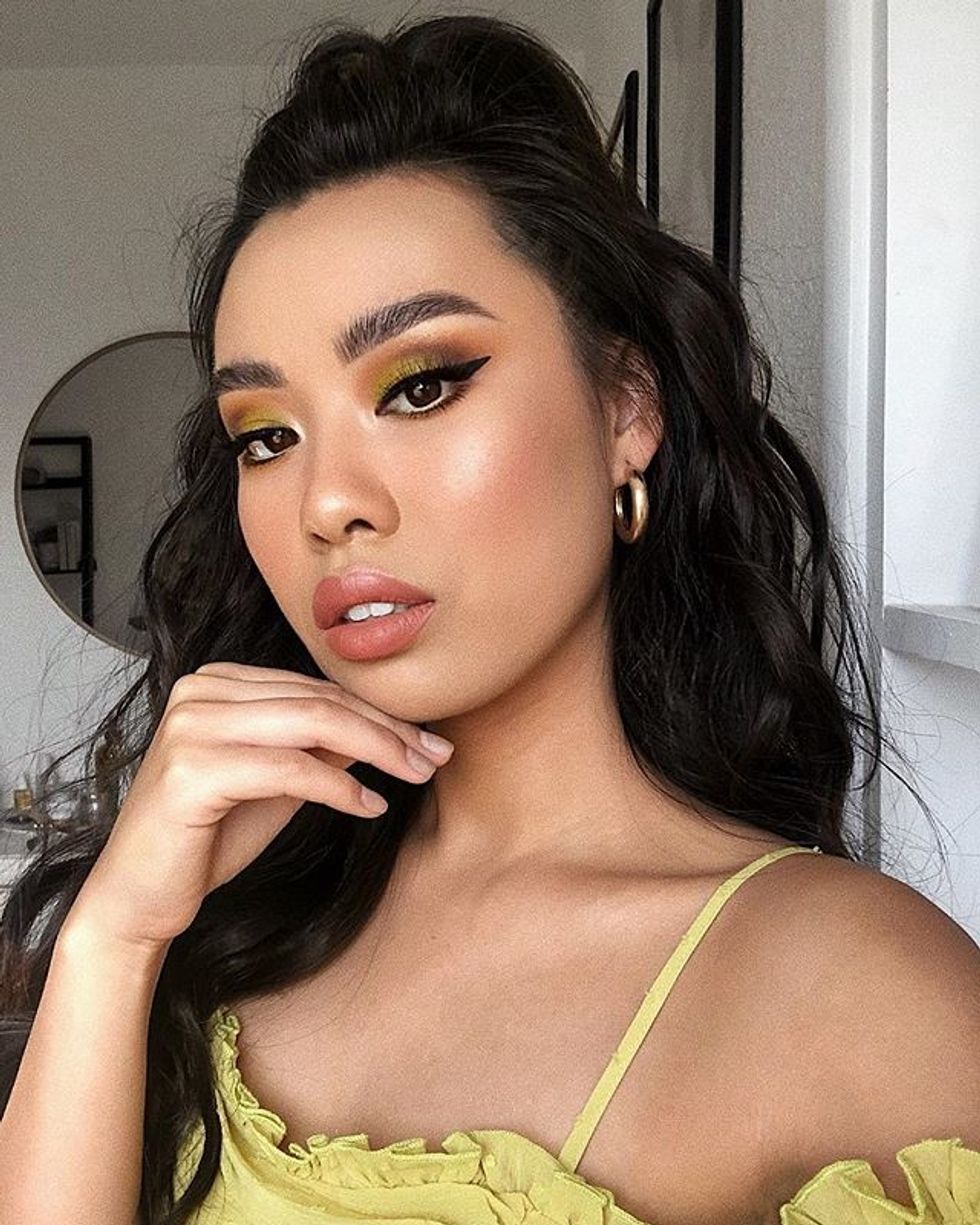
Viewers that don't like to cake on pounds of makeup every day will appreciate Joanna's healthy, glowing skin looks. Not only are her tutorials easy to follow, but she always goes for products that feel light on the skin.
13. Shahleena

This vlogger isn't out to make millions. Whether it's a review, haul, or chit-chat, her videos are always honest and direct. Never allowing herself to be influenced, there's nothing to behind her videos other than a love of makeup.




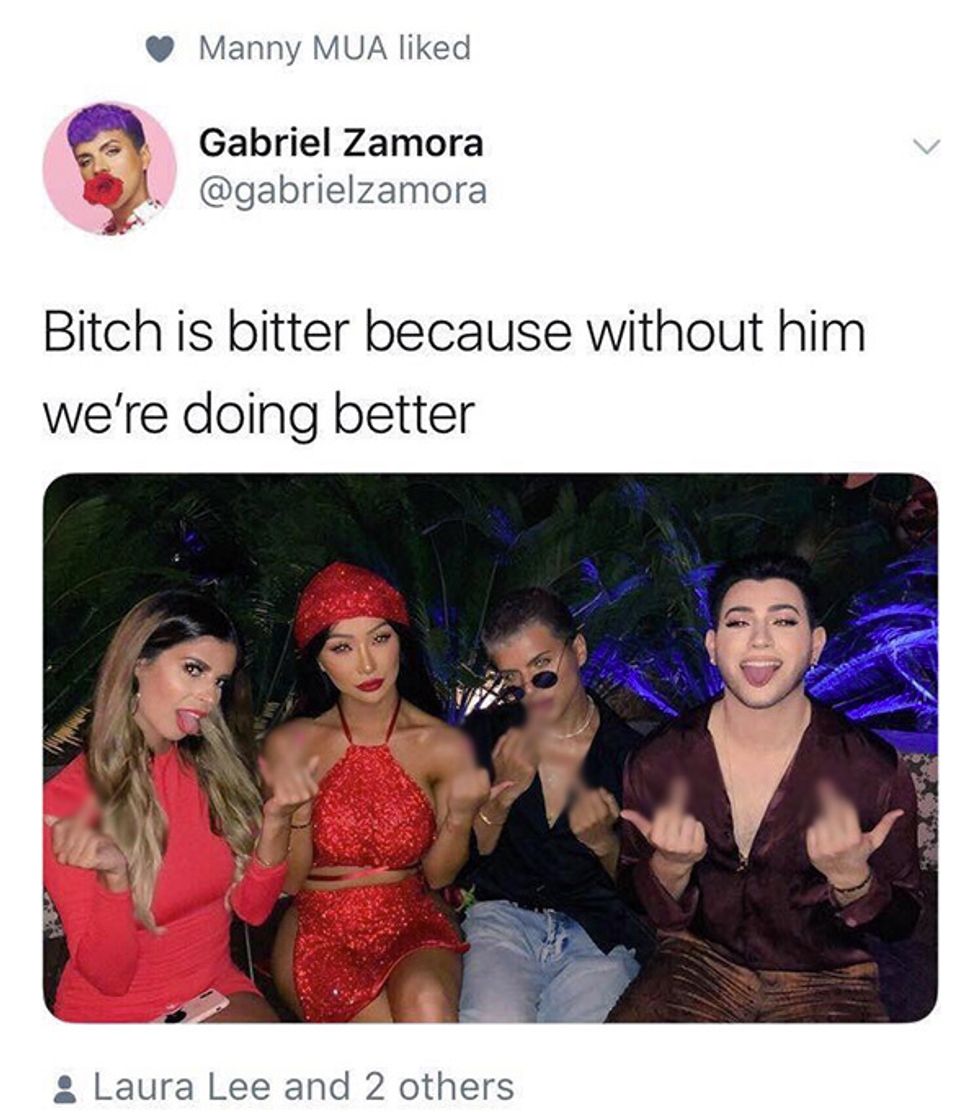 Laura Lee, Nikita Dragun, Gabriel Zamora and Manny MUA.
Laura Lee, Nikita Dragun, Gabriel Zamora and Manny MUA.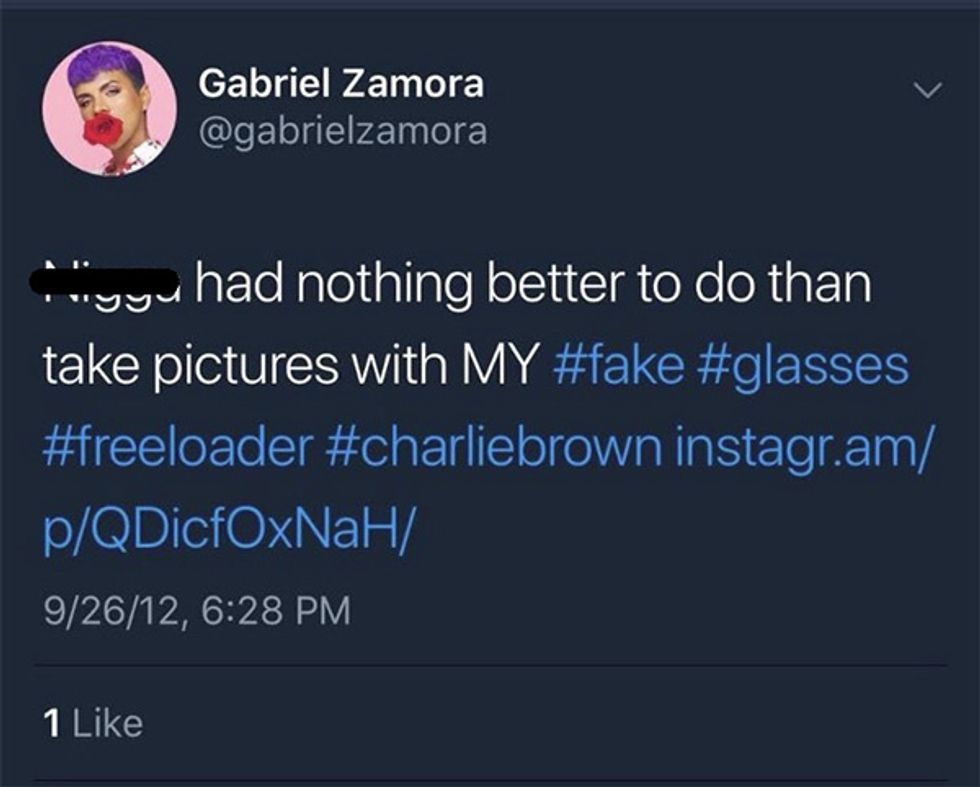 http://www.clevver.com/gabriel-zamora-apologizes-r...
http://www.clevver.com/gabriel-zamora-apologizes-r...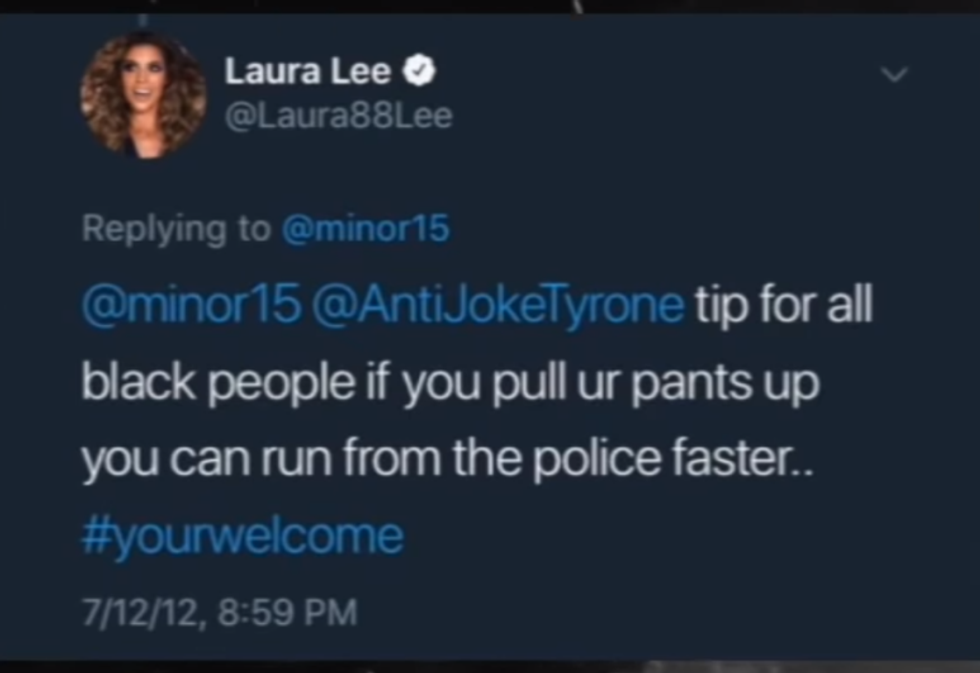
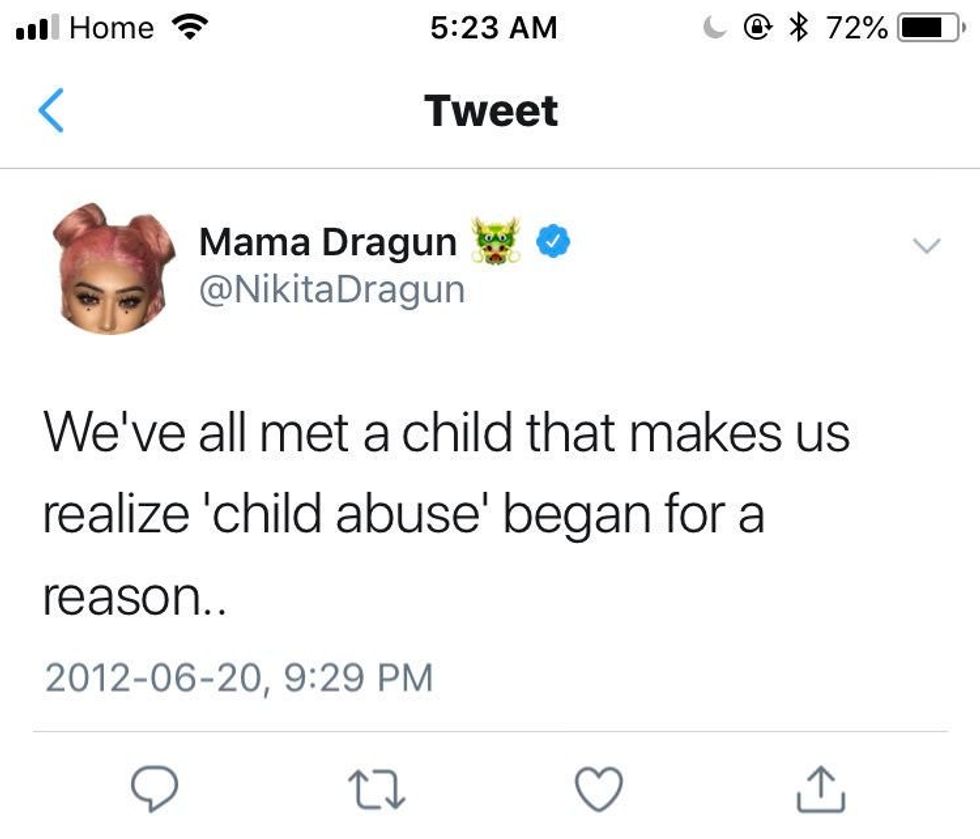
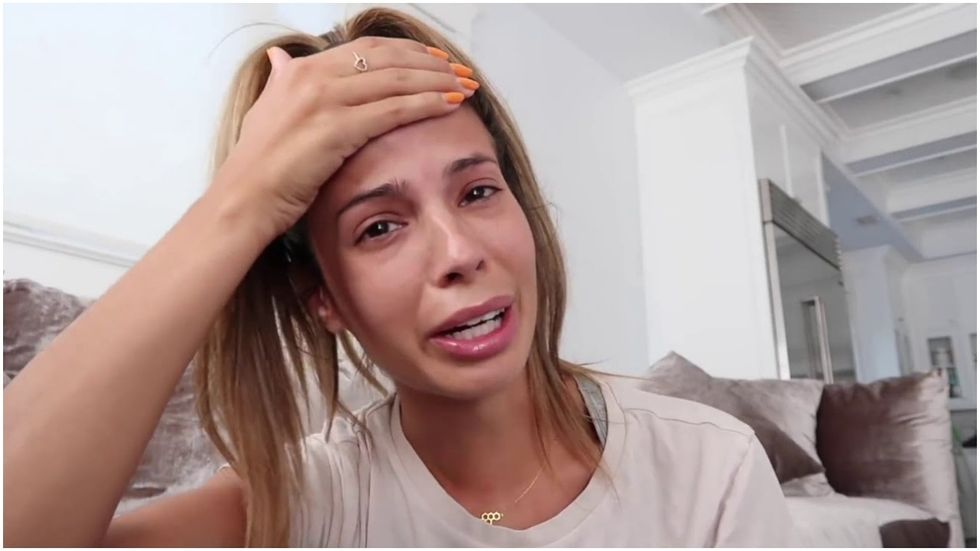



















Don't Be Fooled, Social Media Isn't An Accurate Depiction Of ANY Person's Life
When the snapshots we upload to our Instagram become the placeholder for the everyday interactions in our daily lives and are our only version of reality, then that's when we've hit the depths of just existing.
There is a difference between living and existing. That, I'm sure we all know in theory. Yet, I wish we talked more about how to distinguish between the two, because sometimes you slip from the buzzing, radiant precipice of living, into the mind-numbing, worthless depths of existing without knowing how you ended up there.
I guess we should start with the fundamentals.
How I've always seen it, to live is to experience, to exist is to be experienced. You would think that in your own life, you'd be forced to be an active participant; except, I know first hand that it's one of the easiest things in the world to walk around on autopilot, moving from mundane task to mundane task without a single care for why you're doing it, other than because it fits into the narrow confines of what society has already decided is expected of you. Boredom, disillusionment, and dissociation ensue, and you fade into the background, becoming part of the canvas that those who are actually living paint into the fabric of their lives.
It's empty and apathy becomes routine.
This image of existing is probably the one we're all most familiar with, but it feels too easy. What has been on my mind lately is another form of worthless existence, one even worse yet. The kind where you're alive alright, but immersed in a world far removed from your actual reality. Can we call it living if it's not real?
Essentially, it's like being in the matrix.
Since I've discovered social media, I feel like that's where I've been. I don't mean this in an angsty, "I hate my life so I'd rather live in delusion online," type of way. I mean that I've been fooled into distorting my own reality to fit the ideals of a social media world. I mean that I've been chasing behind likes, comments, and followers as if that somehow equates to tangible success in the real world. I mean that I've been experiencing the world through the pixels of a 6.1 in. screen. The saddest part is that I didn't even know I was doing it, and how far it had gotten out of hand, until yesterday.
I watched an excellent video by Tiffany Ferg where she explains how the normalization of Facetune is contributing to not only unrealistic beauty standards but tricking people into distorting the polished, impeccable bodies and images that they see online for reality. Ferg makes it easy for us to infer how Facetune is contributing to a larger problem with social media: the disillusionment and shame that comes with not 'measuring up' to the standards set online by influencers (not just beauty standards, but ideals of how you should live your life in general), as well as the incessant need to alter your reality in order to live up to these standards.
People think altering your reality is only related to circumstances like taking drugs, but it very well can apply to instances like using Facetune to give yourself "five-minute plastic surgery" or conflating your social media profile and presence with your actual, physical being. When the snapshots we upload to our Instagram — the smiles in every photo, the tiny waist and wide hips we photoshop onto ourselves, the trips that we take twice a year, yet upload to our account as if we vacation every other month, the flawless makeup and perfect skin, the effortless, endless, and constant adventure — become the placeholder for the everyday interactions in our daily lives and are our only version of reality, then that's when we've hit the depths of just existing.
And that's what frightens, disgusts, and angers me the most because everything on social media is fucking fake.
It is a culmination of the most idealized version of our world. It's unattainable. It's perfect. It's empty. I've spent so long trying to make my actual life match my Instagram profile that I've forgotten to live. Social media should be a reflection of our reality, not the basis for it. Trying to craft the perfect outfits, trying to feel excited and happy every second, trying to create a perfect image will get you nowhere expect caught in the storm of confusion and disappointment.
I don't say this in opposition to social media. I love Twitter and Instagram because it's a great source of news and entertainment and it helps us connect with each other, as well as express ourselves.
I say this in favor of waking up.
Waking up to savoring each moment in your actual reality. Waking up to realizing that nothing is perfect and that we should be thankful that it's not. Waking up to chasing fulfillment in real life and not just for a great picture on Instagram.